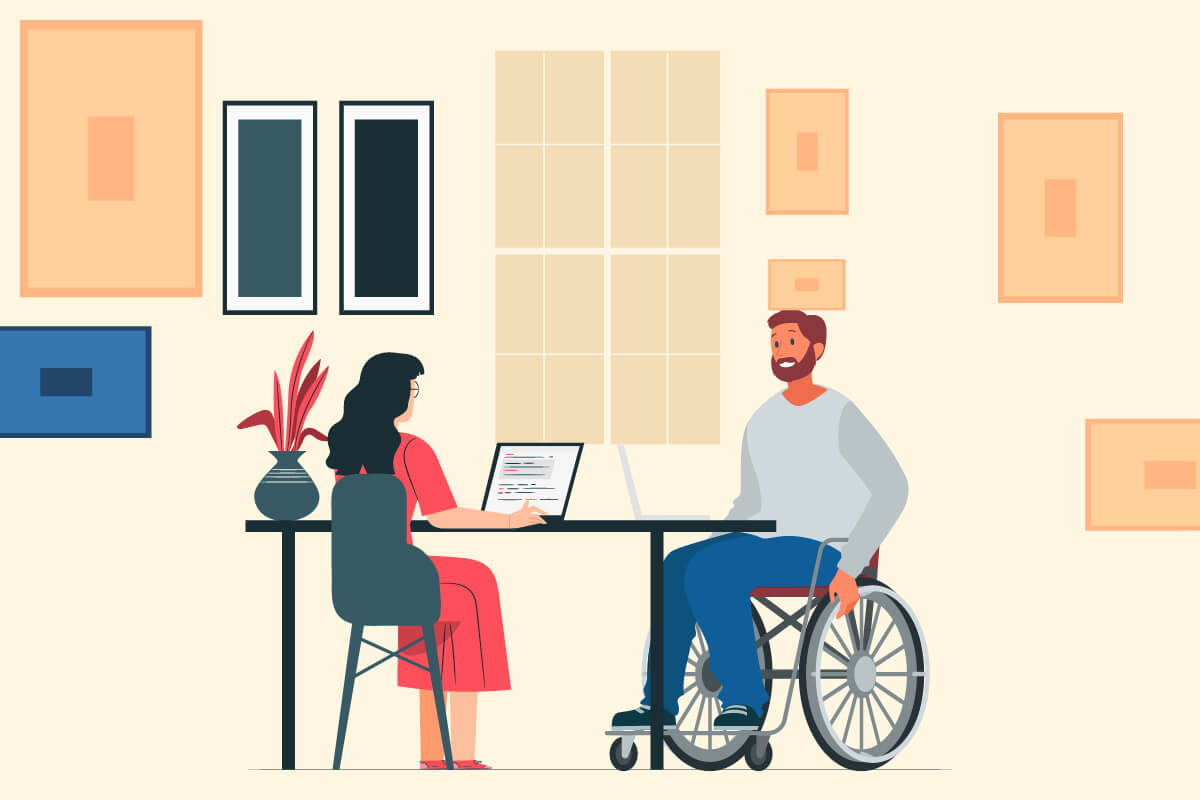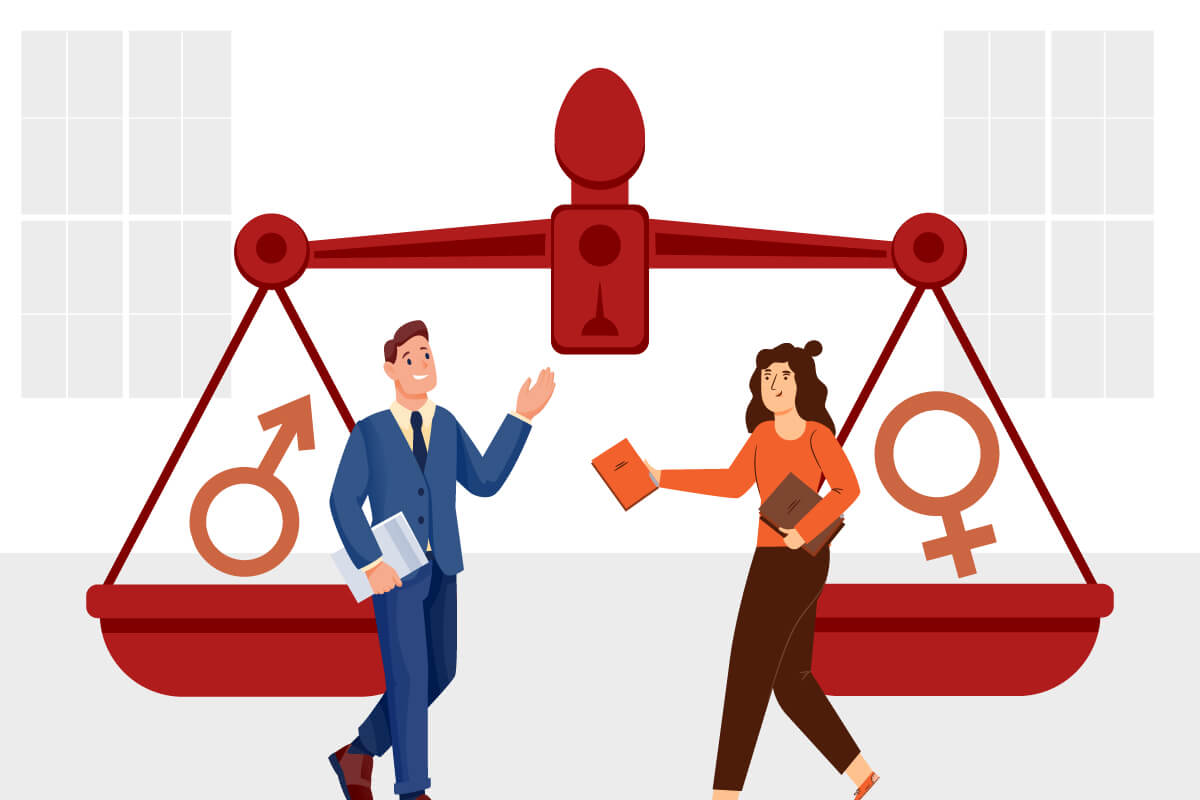In a world that is changing every minute, the need for sustainable livelihood programs is growing day by day. These programs are crucial for economic development, reduction of poverty, and well-being of the entire community. At TRRAIN, we are all about inclusivity and hence we are constantly working towards creating livelihood opportunities that are not only inclusive, but sustainable too. Our goal is to ensure that no one is left behind.
In this blog, we will throw some light on what sustainable livelihood programs are, what they are used for, and why we should invest in them.
What is SLP? Sustainable Livelihood Program Defined.
A sustainable livelihood program or SLP is a multifaceted poverty alleviation strategy that aims at improving the economic, social and environmental well-being of individuals and communities by improving their ability to generate income, improving access to essential services and promoting sustainable development. Hence the words – Sustainable, livelihood, program!
The purpose of a Livelihood Program
The purpose of a livelihood program is multifaceted and encompasses various objectives that aim to improve the lives of individuals and communities. Let’s delve deeper into the purpose of a livelihood program:
- Poverty Reduction: Poverty is a multifaceted problem that robs people of opportunities and basic needs, impacting both individuals and communities. In order to address this, livelihood programs give vulnerable populations the tools they need to access resources, make money, and enhance their quality of life – in short, become self-sufficient and break the cycle of poverty and bring about long-lasting change.
- Skills Development: In order to give participants the skills and knowledge needed to take part in activities that generate revenue, they need training and opportunities for capacity building. These programs help people become more employable by providing workshops on skill enhancement, entrepreneurship development, and vocational training.
- Access to Resources: Multiple barriers prevent many people and communities from having access to basic resources like markets, credit, and land. The purpose of livelihood programs is to remove these obstacles by making resources more accessible and nurturing an atmosphere that is conducive. They assist with obtaining land tenure, gaining access to microfinance services, and putting producers in touch with consumers.
- Social Inclusion: By ensuring that vulnerable and marginalized groups have equal opportunities to engage in and profit from economic activities, livelihood programs prioritize social inclusion. They deal with social barriers and discrimination that prevent people from accessing opportunities for livelihood because of their gender, ethnicity, disability, or other characteristics. Through the various initiatives at TRRAIN, we are working towards creating more equitable and sustainable livelihood opportunities, which include all sections of the society.
- Sustainable Development: These initiatives promote the use of eco-friendly production methods, renewable energy sources, and sustainable agricultural practices. Programs that weave sustainability into livelihood activities help to protect the environment, reduce the effects of climate change, and ensure the sustainability of livelihoods over the long run.
- Empowerment and Agency: Livelihood programs give people the opportunity to make choices, take chances, and chase their goals. By fostering self-assurance, independence, and entrepreneurial spirit, livelihood programs empower people to take control of their own lives and make meaningful contributions to the betterment of their communities.
Importance of Livelihood Programs
Livelihood programs weave resilience and empowerment into the fabric of the community. They go beyond creating jobs opportunities; they promote economic stability, self-sufficiency, and bring about a positive change in society. Let’s explore the role of sustainable livelihood initiatives in building resilience and creating long-lasting positive impact.
- Economic Growth: By generating employment opportunities, encouraging entrepreneurship, and supporting local economic development, livelihood programs support economic growth. NGOs can foster economic growth, boost productivity, and create avenues for income for people and communities by investing in sustainable livelihoods.
- Poverty Reduction: Programs for sustainable livelihood give vulnerable and marginalized people the tools they need to break free from the cycle of poverty, get access to essential services, and improve their living conditions. Governments and NGOs can uplift communities and enhance their general well-being by funding livelihood programs.
- Community Development: Livelihood programs strengthen community resilience, foster social cohesion, and provide people with the ability to actively participate in decision-making processes. Investing in livelihood programs is hence a great decision.
- Environmental Sustainability: Programs for sustainable livelihoods promote responsible use of natural resources, sustainable agriculture, and renewable energy. It is also a great idea to conserve the environment and lessen the effects of climate change by funding these initiatives.
- Social Empowerment: With the help of livelihood programs, people get access to the resources, knowledge, and abilities needed to better their lives. They fight for social inclusion, gender parity, and equitable opportunity for all.
- Building Resilience: By giving people the tools and resources to deal with shocks and crises, livelihood programs contribute to the development of resilience within communities. Governments and NGOs can strengthen communities’ resilience and lessen their susceptibility to outside shocks by funding these initiatives.
Donating towards sustainable livelihood initiatives is crucial for nurturing economic development, lowering poverty, and guaranteeing community well-being. These initiatives empower people, support community growth, and promote environmental sustainability. Together, we all can build a more sustainable and equitable future for everybody by donating towards sustainable livelihoods, thereby creating a place where everyone can prosper.





